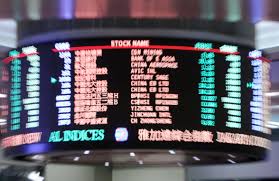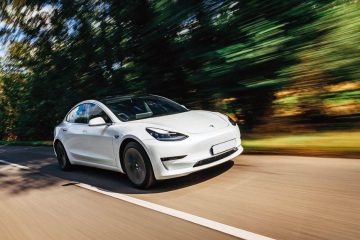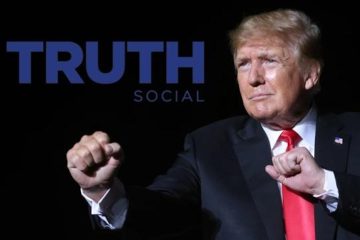The Ruling on a 15-Year Dispute Over Airplane Subsidies Is in and the Losers Are…Wine, Cheese, and the Stock Market

European products ranging from wine to handbags could be hit with hefty U.S. import duties later this month after the World Trade Organization ruled on Wednesday that the United States can impose tariffs on $ 7.5 billion worth of European goods in retaliation for illegal subsidies awarded to European plane-maker Airbus.
The ruling could spark a tit-for-tat trade conflict between the United States and Europe, further destabilizing a faltering global economy just as Washington and Beijing are locked in an escalating trade war, with the eurozone caught in the middle.
Stock markets on both sides of the Atlantic fell sharply on Wednesday, undermined by fears of weakening global growth that have been exacerbated by the brewing trade tensions.
During an exhausting 15-year trade dispute, the WTO had already found that both Airbus and U.S. rival Boeing have benefited from unfair subsidies. Both the United States and the EU had asked the world trade body for authorization to take trade sanctions against the other to compensate themselves for the damages incurred in the airplane dispute.
Hours after the WTO decision came down, the U.S. Trade Representative on Wednesday announced plans to impose a 10% tariff on large civil aircraft from France, Germany, Spain and the U.K., plus 25% levies on a range of other items including Irish and Scotch whiskies; wine, olives and cheese; as well as certain pork products, butter and yogurt from various European nations.
A previous threat to include leather products was rescinded, thus sparing the European luxury goods sector.
That industries as diverse as winemaking and luxury fashion items could be embroiled in a dispute that started over airplane subsidies speaks volumes about the uncertainty of global trade pacts these days. In the past, many a compromise was reached between longtime trading partners, but optimism is already fading fast.
Unless a last-minute deal is reached, the extra tariffs could mean U.S. consumers would have to pay higher prices for their favorite imported products in shops. The United States needs final authorization from the WTO Dispute Settlement Body, which could take several weeks, before it could impose the punitive duties.
EU Trade Commissioner Cecilia Malmstrom urged the United States not to impose the tariffs, saying if it did so, the EU would have no choice but to impose import tariffs on U.S. goods if it wins permission from the WTO in its parallel Boeing case.
“We remain of the view that even if the United States obtains authorization from the WTO Dispute Settlement Body, opting for applying countermeasures now would be short-sighted and counterproductive,” she said in a statement.
“In the parallel Boeing case, the EU will in some months equally be granted rights to impose countermeasures against the U.S. as a result of its continued failure to comply with WTO rules … The mutual imposition of countermeasures, however, would only inflict damage on businesses and citizens on both sides of the Atlantic, and harm global trade and the broader aviation industry at a sensitive time,” she said.
The EU was ready to work with Washington “on a fair and balanced solution for our respective aircraft industries.”
“But if the U.S. decides to impose WTO authorized countermeasures, it will be pushing the EU into a situation where we will have no other option than do the same,” she said.
In April, the EU published its own list of $ 20 billion of U.S. exports to the EU, including aircraft, chemicals, frozen fish, citrus fruits and ketchup, which it could choose to hit with tariffs over the Boeing dispute if it gets the WTO green light to do so.
U.S. President Donald Trump has threatened to retaliate against a French tax on internet companies by imposing a tax on French wine. He has also repeatedly threatened to impose import tariffs on European cars.
Financial markets and the global economy have been shaken by the escalating trade war between the United States and China, in which billions of dollars of goods have been hit with punitive tariffs.
A previous version of this article with the headline “The Ruling on a 15-Year Dispute Over Airplane Subsidies Is in and the Losers Are…Wine and Handbags” ran earlier. It has been updated to reflect the release of the latest list of published goods on tariffs by the U.S. Trade Representative.
More must-read stories from Fortune:
—WeWork IPO filing withdrawn as roadshow leads to a dead end
—What’s the difference between a recession and a depression? Here’s what history tells us
—Charles Schwab on the lessons he’s learned over a lifetime of investing
—The 5 most valuable unicorns, according to their latest funding rounds
—“Performance chasing”—and why it can be perilous for your portfolio






